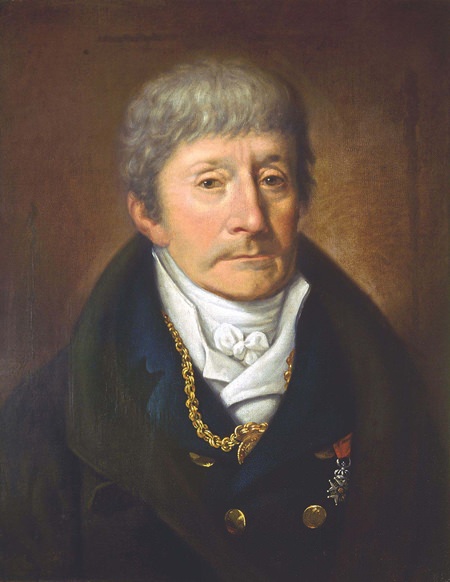
Browsing through my list of composer birthdays yesterday afternoon two names stood out, for these musicians had much in common. For a start, they were both Italian and both born on 18th August, though two hundred and fifty years apart. They were both outstanding musicians of their day with an enormous influence in their various fields and were known by reputation at least, all over Europe.
However, they also share the dubious honour that today their music is rarely played. This is not particularly unusual because most of the music written in the past is not heard any more. Just look at Wikipedia’s list of classical era composers who lived roughly between 1730 and 1820. There are over seven hundred names listed and it’s a reasonably safe bet that there were many others who have since faded into total obscurity. A few of the big names like Haydn, Mozart, Clementi and Dittersdorf are prominent but I doubt very much whether you’d recognize the hundreds of others. Only a handful of composers from this period have their music regularly performed today.
But why? I don’t think it’s simply a matter of quality. A great deal of superb eighteenth century music has gone out of print or out of fashion and music is published only if there is a good chance of selling it. Concert promoters know well that a sure way to sell tickets is to programme works which are reasonably well-known. A concert of music by obscure composers is unlikely to sell many tickets unless some other factor is involved, such as the presence of a world-class performer. However, world-class performers tend to stay with the major repertoire, thus creating a circular problem. It’s also probably true that there simply aren’t sufficient performance opportunities available to allow the music of these hundreds of composers to be heard.
You can’t get a more Italian-sounding name than Francesco Canova da Milano. He was evidently also known as Il divino and was one of the most accomplished lute players of his day. He was also considered the foremost composer for the instrument. He had a prestigious job at the papal court for almost his entire career and for some years he and his father were private musicians to the Pope. We know precious little else about Francesco and only a few of his works were published during his lifetime. Fortunately, a much larger number appeared in print after his death when his music was published all over Europe. We have more of Francesco’s music than any other lute music composer of the time.
In the sixteenth century, musical terminology was somewhat casual and terms such as fantasia, ricercar (ree-chayr-KAR) toccata and canzona were vague and used rather arbitrarily. There were two types of ricercar. It was either a contrapuntal piece resembling a simple fugue or it was a song-like piece ornamented with runs. The Francesco ricercars in this video are of the second type. And such delightful, graceful music! There’s a real sense of time and place in these sophisticated and elegant pieces.
Perhaps you recall Peter Schaffer’s 1979 play Amadeus, better known in the 1984 film version directed by Miloš Forman. In the movie, composer Antonio Salieri is depicted as a rather shady, malevolent character and a bitter rival of Mozart who was six years his junior. He was also portrayed as a rather dull second-rate composer but nothing could be further from the truth. Salieri was known throughout Europe as an exceptionally successful musician and an influential figure in the development of late eighteenth century opera. He was one of the most important and sought-after composition teachers of his generation and counted Franz Liszt, Franz Schubert and Ludwig van Beethoven among his pupils. If that isn’t prestige, I don’t know what is.
Salieri was an intensely prolific composer himself, with dozens of operas and choral works to his credit. He also found time to turn out half-a-dozen concertos, two of which were for piano. The Piano Concerto in C dates from 1773 and demonstrates clearly that Salieri was a highly competent composer with a rich source of intriguing musical ideas. The music has all the characteristics of the late classical era with the elegance, grace and balance that was so important to eighteenth century sensibilities. But there are moments of drama too, revealing Salieri’s vast experience of writing operas. Listen for example, to the gorgeous Larghetto (at 08:57) with its lovely lilting and expressive melody that seems to come straight from the opera house. Well, if you can spare twenty-one minutes, listen to the entire concerto. I think you might agree that Salieri was no second-rater.
 |
 |
 |





